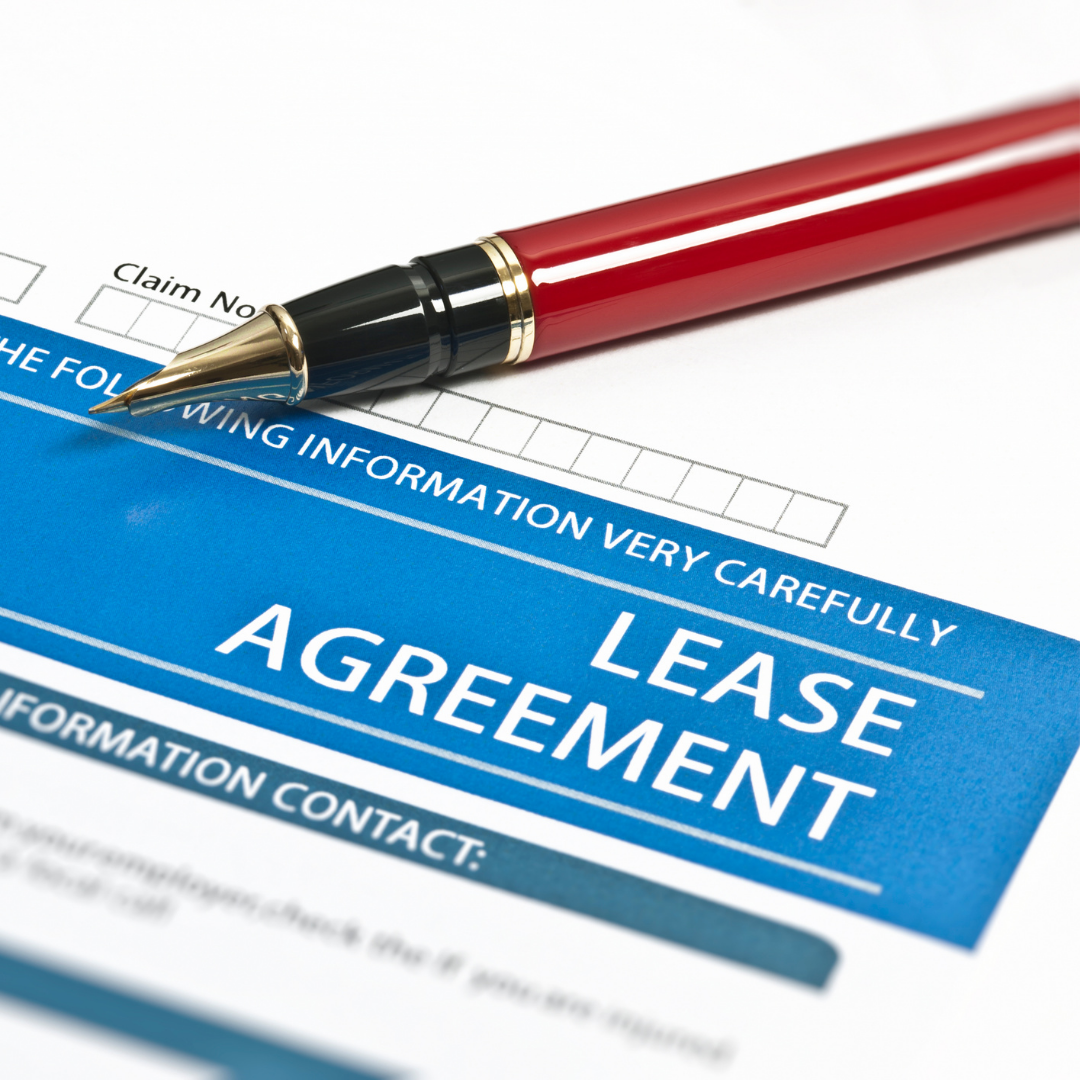Logistics and fleet management are two terms that are usually used interchangeably. Regardless of the type of business you are in, it is essential that you manage your fleet for the most efficient and effective service. Logistics and fleet management do not have to be complicated, and if you keep a few key points in mind, you will have a smoother process. Let’s read more to know how these terms are interdependent in the business industry.
Logistics and Fleet Management: Knowing The Connection
Logistics is the management of the flow of goods between the point of origin and the point of consumption, including the physical transportation of the goods, the sourcing of material, the purchasing of supplies, the marketing of finished products, and the sales of goods. It also encompasses the supporting activities related to design, production, delivery, and after-sales servicing. It is a field that encompasses the management of the entire supply chain and involves all aspects of planning, execution, control, and coordination.
Fleet management is an important part of logistics. It is a part of the business logistics process. It is a way of analyzing and optimizing the transport and the movement of goods and materials. It is totally different from the movement of passengers or personal goods. It is a way of managing the movement of raw materials and finished goods from their place of origin to their destination in an organized manner, which is why using a fleet management software application can be crucial to keep track of every activity. Otherwise, shipments might get lost in the transition, leading to a flown-blown chaotic moment for any logistics firm. (Note that logistics need technological solutions for maintaining order in their system.)
That said, in logistics, fleet management is used for managing a fleet of vehicles, including cars, trucks, ships, airplanes, and other vehicles using software from platforms such as https://www.tenstreet.com/. It is a supply chain management discipline. Fleet management includes futures planning, forecasting, monitoring, scheduling, reporting, cost control, performance measurement, and decision support.
Handling It Better with Fleet Management
One of the greatest challenges businesses face today is how to manage their fleet effectively. A fleet is a group of vehicles that are used to transport goods and services, and there are a number of benefits to utilizing one. One of the biggest benefits is that your company can save money and increase profits because operating a fleet can help you pay less for insurance, fuel, and maintenance. It is also important to note that if you want your employees to be productive, it is good to implement fleet management in your business.
There are many steps you can take when handling logistics in fleet management. For instance, if you own a fleet of forklifts, you need to be able to keep track of all of them. You would also have to be able to get new vehicles, perform maintenance and repairs with help from Texas Motive Solutions and varied service providers, while keeping a good schedule for your drivers.
It is important to create a schedule for your drivers so they are not overloaded and can take breaks. You have to make sure you have enough drivers to cover each shift, and you have to train the ones who just joined your company. You must also make sure your drivers are qualified.
More About Fleet Management
Fleet management is a supply chain management discipline that involves managing the entire life cycle of vehicles under the control of a single entity. Fleet management is used for managing a fleet of vehicles, including cars, trucks, ships, airplanes, and other vehicles. It is a supply chain management discipline. Fleet management includes futures planning, forecasting, monitoring, scheduling, reporting, cost control, performance measurement, and decision support. For example, a company that offers express freight services Adelaide would ideally have a number of transport trucks to carry out efficient delivery for their various clients. Therefore, having a robust fleet management system would be of prime importance for such companies to be able to monitor and track all shipments and delivery times, among other things.
The implementation of fleet management systems can be completed in numerous ways, and it is a process that involves many factors. The most important thing to remember is that it does not have to be an expensive undertaking. You should first determine what your fleet size is because that will help you to figure out what you need for the implementation of the systems. It is also important to note that you will also need to consider the systems that are needed in order to track your fleet, as well as the types of vehicles that are being used.
Incorporating Better Management System to One’s Business
If you’re looking to boost your freight business, you may want to consider a fleet management system. A fleet management system is a computerized system that tracks the location of your company’s vehicles and equipment, and many also manage the tasks and schedules of employees. For anyone looking to get results, the best way to figure out what fleet management system is right for your needs is to determine how many vehicles your business uses, whether you have a mix of commercial and private vehicles and the complexity of the schedule for each vehicle.







